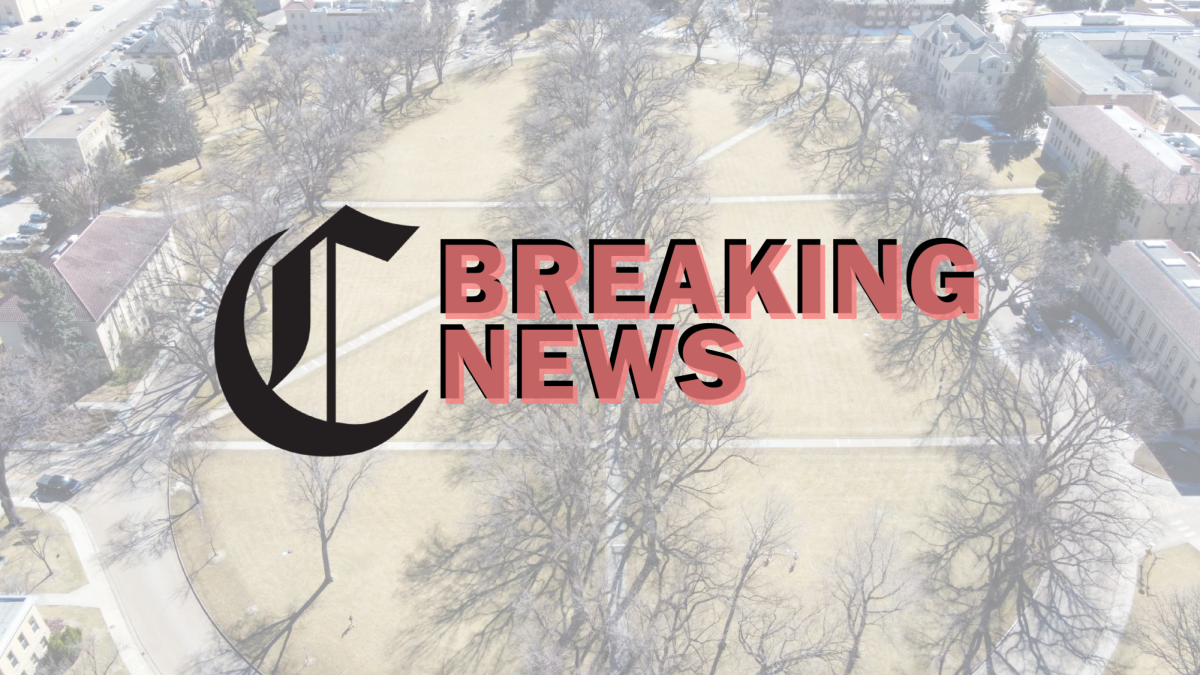Representatives from Colorado State University and the National University of Mongolia gathered to sign a memorandum of understanding Jan. 23 that officially recognizes the 30-year relationship the universities have shared.
Professor Emeritus Dennis Ojima, who has served as the principal faculty liaison with the National University of Mongolia, said this agreement solidified some lines of the relationship that the universities have been working on for years. These include research projects and shared sponsorship of graduate students.
Ad
“It’s a representation, also, of a joint set of Colorado State University faculty members having projects with colleagues in Mongolia,” Ojima said. “They’re dealing with a range of things.”
Ojima said these projects include looking at the social dynamics of changing social conditions in Mongolia, changes in land use practices, changes in natural resources and climate change.
CSU professor Maria Fernandez-Gimenez attended the signing ceremony as a researcher/faculty member with a long-term involvement and commitment to working in Mongolia.
Fernandez-Gimenez said the agreement creates a framework for additional collaborations moving forward.
“Such collaborations could include working towards a student exchange program, co-developing curricula, teacher training and research collaborations among other activities,” Fernandez-Gimenez said.
Ojima and Jim Ellis, who was an ecosystem scientist at the Natural Resource Ecology Laboratory, were among the first faculty to work in Mongolia, Fernandez-Gimenez said.
Ojima said Ellis began work in Mongolia in the late 1980s as a grassland research scientist planning trips to the Mongolian plateau. In 1991, Ellis was able to request funding for representatives from Mongolia to visit CSU.
Fernandez-Gimenez, who joined CSU in 2003, has been working in Mongolia since 1993.
(Mongolia) is an amazing landscape, facing many complex environmental and sustainability issues, with a culture and people that touch the heart of everyone who visits.” -Maria Fernandez-Gimenez, CSU professor
“One of the major projects we have done in Mongolia in the past decade was the Mongolian Rangelands and Resilience (MOR2) project, which invited collaboration with five different research institutes in Mongolia and students from multiple universities there,” Fernandez-Gimenez said.
Ad
According to MOR2’s website, this project aims to advance understanding of the role of community-based natural resource management institutions in building the resilience of coupled systems to climate change.
Fernandez-Gimenez said the project led to major scientific papers and trained three Mongolian Ph.D. students at CSU, as well as several dozen students and young researchers in Mongolia.
Fernandez-Gimenez’s team has also worked with the Mongolian University of Life Sciences, a school with which CSU also has a memorandum of understanding. However, the National University of Mongolia is considered the nation’s most prestigious and flagship university.
Ojima emphasized the importance of this relationship by explaining the unique opportunity it presents to students.
“This offers up the opportunities of visiting and working with research activities or studying abroad in places like Mongolia where the similar environment, natural resources and foundations are equivalent to what we have,” Ojima said. “It’s about seeing how different cultures have managed to live in these environments and sharing cultural perspectives.”
Fernandez-Gimenez said Mongolia’s steppe landscapes have much in common with the shortgrass steppe ecosystems near CSU. While there are several existing opportunities for students to study abroad in Mongolia, this agreement may create additional opportunities for both research and academic exchanges.
“Visiting Mongolia has been a transformative experience for the U.S. students in my lab and on our MOR2 project, for both undergrads and graduate students,” Fernandez-Gimenez said. “It is an amazing landscape, facing many complex environmental and sustainability issues, with a culture and people that touch the heart of everyone who visits.”
This also allows students to travel to places that are emerging from a Soviet-style structure to one that is more democratic, Ojima said.
“There are things that we might take for granted that in other places of the world where they are emerging from Soviet-style government structures are things that are a learning process that need to take place for democracy to really work,” Ojima said. “That’s something that I think we take for granted.”
Charlotte Lang can be reached at news@collegian.com or on Twitter @chartrickwrites.

















